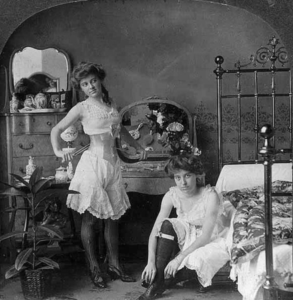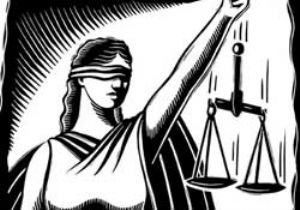What I Believe: About People with Gender Dysphoria
And How the Woke Mob Is Making a Mockery of Them

In some ways, the transgender debate may be the most important cultural issue of this century. Certainly more important than ageism, xenophobia, and fat phobia. But it’s also more important than sexism, religious animosity, and even racism.
I say that because all the other debates are grounded in some level of shared reality. But transgenderism, as it is being promoted today, is based on an absolute and willful denial of reality. A denial that all rational defenders of the transgender agenda know to be false.
Let me step back for a moment to give you some perspective on my thinking…
I believe there is such a thing as gender dysphoria. I believe it is a real psychological condition that should be taken seriously. But before transgenderism became such a huge political issue, my only thoughts about it came from personal experience.
Longstanding acquaintances of mine had a daughter that began evincing symptoms of gender dysphoria at a young age. The parents struggled with not knowing how exactly to respond for many years. But they took it slowly, recognizing how common it is for young and pre-adolescent children to test out different socially recognized identities. Not just in gender, but in just about every other role, throughout their development. (As every parent knows, and as almost every study has shown, children’s personalities are not firmly established until after adolescence.)
Rather than nudge their daughter one way or the other, the parents took a neutral stance until she had finished high school. By the time she entered college, her transition was, for all intents and purposes, complete. He is today a happy, successful, and charming young man.
Much more recently, I was working on a project for a business I own that required weekly meetings with a team of four people. One of those people was a young man that looked every bit like a young man when we began the project. But gradually, as the weeks and months went by, he began to make small changes towards a more feminine appearance. At the beginning of his transition, I noticed that he was growing his hair, but that didn’t mean anything. And I was a little taken aback when I noticed that his fingernails were painted. But I knew an MMA fighter that painted his toes. By the time he began wearing a touch of makeup here and there, I suspected that something was going on. I wasn’t sure, but I was curious. I asked his manager, “What’s going on with Eric?” Being a younger person with younger person sensibilities, he looked at me like I was crazy.
By that time, we had finished the project and so I had no reason to be back in those offices until nearly a year later. When I did get back, I was introduced to Erica, an attractive and capable young woman. My confusion was gone. I looked forward to working with her in the future.
Those were two good experiences – positive for me and for the people who had transitioned. But I don’t think they are typical of most of what we are seeing today. A disturbingly large number of transgendered celebrities seem to identify more with drag queens than they do with women. And that is one of the things that perplexes me. If gender dysphoria is a real thing, it means that a transgendered woman wants to be a woman, not a man in drag.
These people are imposters. Attention seeking oddballs that are taking advantage of the transgender movement to claim their fifteen minutes of fame. And they are, in my view, an insult to the few people that have true gender dysphoria and deserve our respect and consideration.
A few examples:
* Here’s Dylan Mulvaney, the new icon of transgender woman and her view of what a woman should be.
* Here’s someone that has a psychological condition that needs a new name.
* Here’s a biological man doing what I suppose he thinks is a satire of transgenderism in front of a panel that doesn’t know if he’s serious.
I’ve got a lot more to say on the subject, but that’s enough for today. In future missives, I’ll:
* Give you the factual data on gender dysphoria over the years.
* Explain why the debate about pronouns is actually about free and forced speech.
* Talk about the insanity of allowing transwomen to compete against biological women in any sport, including chess.
* Argue that the transgender movement is not trivial and should not be dismissed… and why, in fact, it is a critical issue about the future of freedom in the “modern” world.










